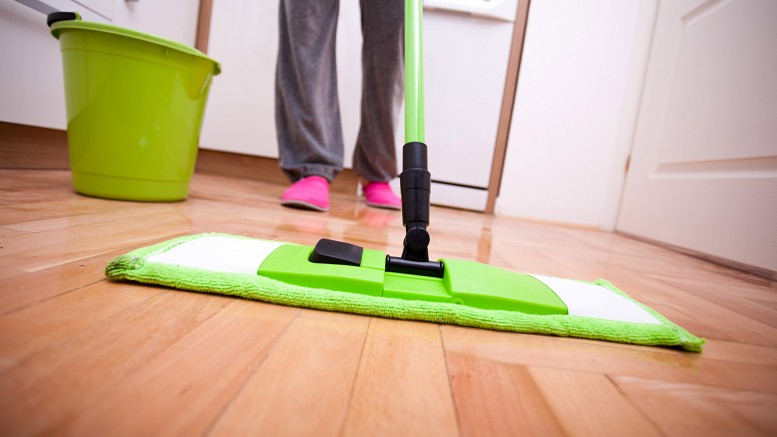UK renters are losing over £700 million annually due to avoidable cleaning-related deductions from their deposits, according to recent data from SpareRoom.
SpareRoom, a leading UK flat-sharing site, has revealed that nearly two-thirds (63%) of renters have faced deposit deductions for cleaning issues. On average, renters lose £250 per tenancy due to these deductions, with some facing losses exceeding £500 or even £750. Despite this, two-thirds of renters did not contest these deductions, and of those who did, 41% managed to reach a revised agreement with their landlord.
Household Cleaning and Tenant Disputes
The topic of household cleaning often leads to disagreements among flatmates. While 27% of renters have a cleaning rota, 28% rely on an informal system, leading to conflicts. Nearly 59% of renters have experienced arguments over cleaning duties, despite “similar standards of cleanliness” ranking as the second most important characteristic for a flatmate.
Professional Cleaning and Tenant Advice
Only 17% of renters paid for a professional clean before moving out. Matt Hutchinson, Director of SpareRoom, advises: “Navigating the moving out process can be stressful for both renters and landlords. Although landlords can’t legally demand professional cleaning, renters should ensure thorough cleaning either themselves or through a professional service to avoid deposit deductions. Transparent communication between landlords and tenants can help prevent surprise deductions.”
Tips for Deep Cleaning
SpareRoom’s research highlights the oven as the most dreaded appliance to clean, with 13% of renters never having cleaned it. Experts recommend:
- Oven: Deep clean every three months to prevent grease build-up.
- Dishwasher: Use a dedicated cleaner regularly to remove mineral build-up and detergent residue.
- Fridge: Deep clean every few months, removing all food and shelves.
- Windows: Clean at least twice a year, especially for higher floors where professional cleaning may be needed.
Implications for Renters and Landlords
The substantial financial impact of cleaning-related deductions underscores the importance of maintaining cleanliness throughout a tenancy. For landlords, ensuring that properties are returned in good condition can prevent disputes and foster better landlord-tenant relationships. Tenants, on the other hand, can safeguard their deposits by adhering to regular cleaning schedules and being proactive in their end-of-tenancy cleaning efforts. This not only protects their financial interests but also ensures a smoother moving process.







